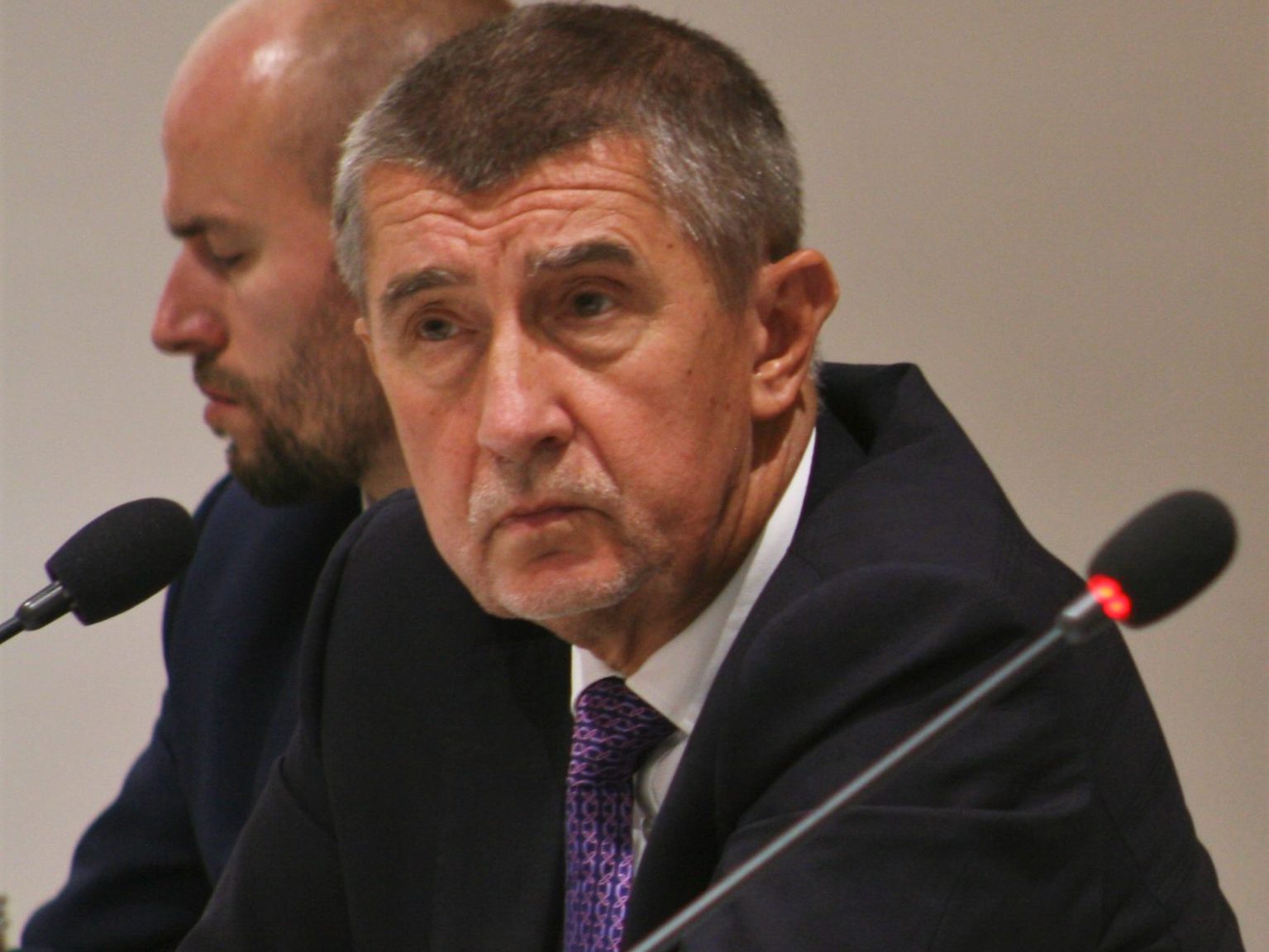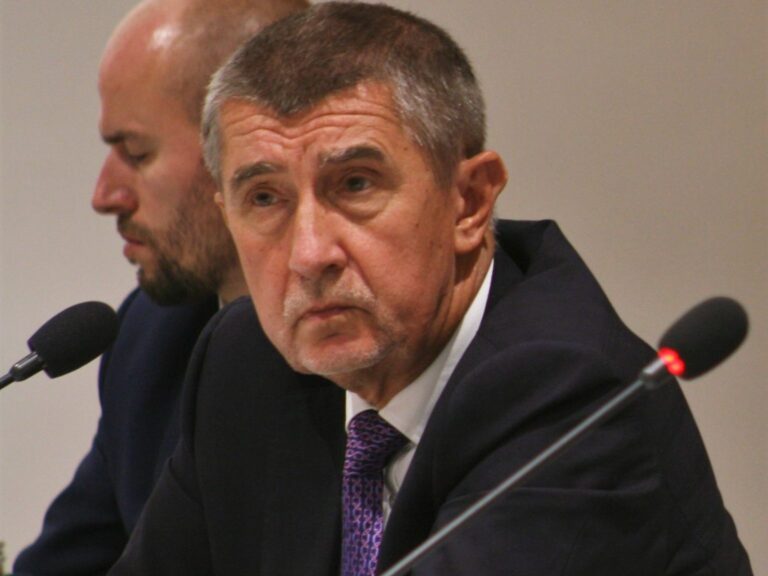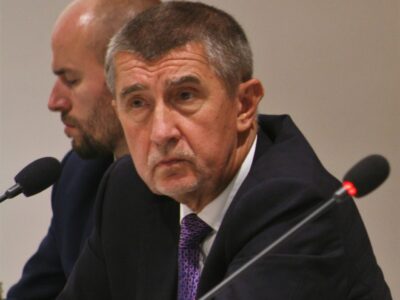These days, Czech Republic is eagerly waiting for the government’s confidence vote. The stakes are high as this is the first Czech government put together by a Prime Minister, who is being charged for financial crime.
The European Union’s anti-fraud unit OLAF sent a report to the Czech government claiming that Andrej Babiš had broken Czech law on EU subsidies, through committing a fraud in winning a €1.67 million grant for his leisure time complex called Čapí Hnízdo (Stork’s Nest).
Andrej Babiš is a controversial persona per se. Often nicknamed by the Czech as Trump or Berlusconi, he is the leader of the strongest political party ANO, owner of the biggest Czech media house Mafra, which covers print, radio broadcasting and online news and as well the second richest businessman in Czech Republic, with heavy investments into agriculture.
Power of Andrej Babiš is concentrated around Agrofert company, for which Babiš used to be the sole shareholder. When police and opposition leaders started to investigate and criticize various Agrofert investments, Babiš transferred the company to a trust fund managed by his relatives.
Nevertheless, Agrofert stays in the center of Andrej Babiš business. And in 2007, the very same year Sergei Magnitsky discovered and described the theft of US$ 230 million from the Russian Treasury by state officials, Agrofert received a payment from the Russian Laundromat itself – a financial scheme consisting of tens of companies designed to siphon off money from the Russian state budget.
On October 10th, 2007, Agrofert received a payment of 114 000 USD from a shell company, Argenta Systems Ltd. Argenta Systems is based in Belize, a country located at the coast of the Caribbean sea, and a country that does not maintain company ownership details in the official records.
The purpose of the payment written on the bank statement was “payment for building materials”. It is not clear why the Belize company would pay to the Czech one for construction materials, as well as if and where those materials were delivered.
Karel Hanzelka, a spokeswoman for Agrofert Holding, confirmed the 2007 payment and added that it was a payment for titanium dioxide. The spokesperson did not answer the additional questions on who Agrofert dealt with or where the titanium dioxide was delivered.
Titanium dioxide as a pigment – titanium white is used, among other things, in house coatings because it absorbs ultraviolet radiation.
Argenta Systems played a prominent role in the so called Magnitsky case. Sergei Magnitsky was a Russian lawyer working for William Browder, by then the biggest foreign investor in Russia. He described a complex scheme and chains of companies being used to siphon tax money from the Russian budget. Later, he was accused of committing the exact same crime he was investigating and was sent to jail. In 2009, he died in Butyrka prison – one of the harshest jails in Russia, being denied medical assistance.
OCCRP reporters have been investigating the financial fraudulent system and financial scheme last seven years under the project called The Russian Laundromat. The Russian Laundromat was a set of tools used to withdraw and launder money from Russia, consisting of forged documents, shell companies, Moldovan corrupt judges and banks.
In Moldova, two ghost companies were established in a shanty house with entrance blocked by a growing tree. Still those companies received US$ 52 million from a Russian bank called Krainiy Sever. This bank played a major role both in the Magnitsky Affair and Russian Laundromat. Later, this bank lost its banking license because of money laundering.
The Moldovan companies were used only as a flow money cleaner, transferred money to an Estonian Bank in the name of Argenta Systems.
From this Estonian bank, the money spread across Europe, being invested into real estate assets, luxury items, private jet trips and put into bank accounts. Nevertheless, part of the money was used to pay for legitimate business. This part of money laundering cycle is called layering and complicates prosecution of this financial crime.
The official investigation carried out by the Estonian authorities showed the bank accounts of Argenta were managed online from a Russian IP-addresses and by a citizen of Moscow.
Between 2007 – 2010 Argenta Systems sent payments in total value of over three million USD to 35 Czech companies. According to banking statements, those payments were mostly for toilets and sanitary equipment.
A Czech journalist, Pavla Holcová is the founder and editor-in-chief of the Czech Center for Investigative Journalism. She is an editor at OCCRP and a member of ICIJ. She was a John S. Knight Fellow at Stanford University (2023). Pavla is the winner of the ICFJ Knight International Journalism Award and, with her colleagues Arpád Soltész and Eva Kubániová, the World Justice Project’s Anthony Lewis Prize Award. She is based in Prague.







